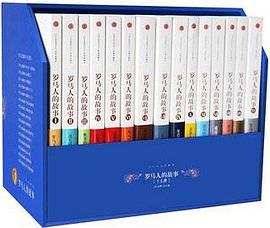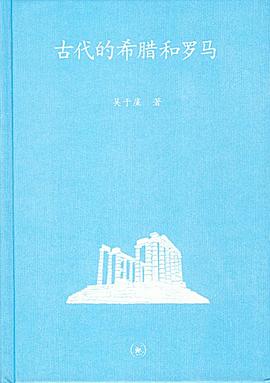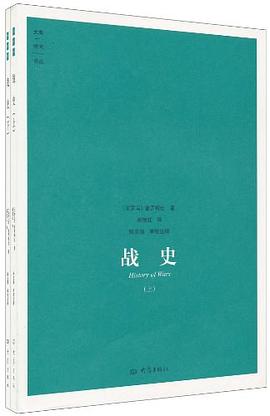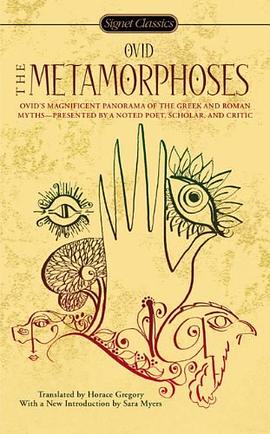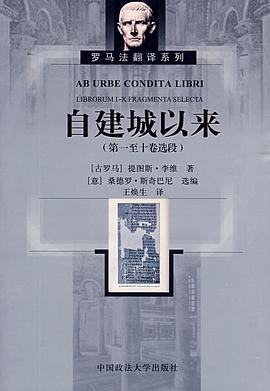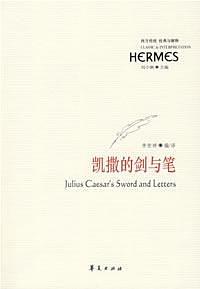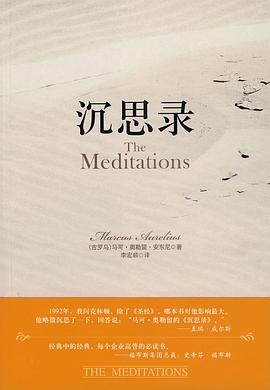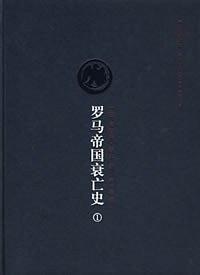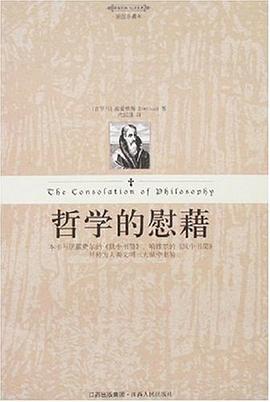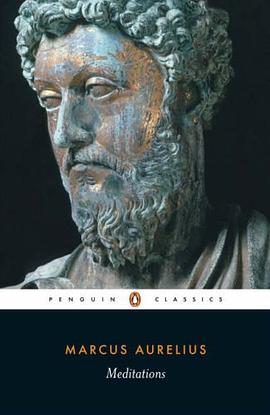

具體描述
In Augustus, his third great novel, John Williams took on an entirely new challenge, a historical narrative set in classical Rome, exploring the life of the founder of the Roman Empire. To tell the story, Williams turned to the epistolary novel, a genre that was new to him, transforming and transcending it just as he did the western in Butcher’s Crossing and the campus novel in Stoner. Augustus is the final triumph of a writer who has come to be recognized around the world as an American master.
作者簡介
John Williams (1922–1994) was born and raised in northeast Texas. Despite a talent for writing and acting, Williams flunked out of a local junior college after his first year. He reluctantly joined the war effort, enlisting in the Army Air Corps, and managed to write a draft of his first novel while there. Once home, Williams found a small publisher for the novel and enrolled at the University of Denver, where he was eventually to receive both his B.A. and M.A., and where he was to return as an instructor in 1954.
He remained on the staff of the creative writing program at the University of Denver until his retirement in 1985. During these years, he was an active guest lecturer and writer, editing an anthology of English Renaissance poetry and publishing two volumes of his own poems, as well as three novels, Butcher’s Crossing, Stoner, and the National Book Award–winning Augustus (all published as NYRB Classics).
Daniel Mendelsohn was born in 1960 and studied classics at the University of Virginia and at Princeton, where he received his doctorate. His essays and reviews appear regularly in The New York Review of Books, The New Yorker, and The New York Times Book Review. His books include The Lost: A Search for Six of Six Million; a memoir, The Elusive Embrace; and the collection Waiting for the Barbarians: Essays from the Classics to Pop Culture, published by New York Review Books. He teaches at Bard College. His essay in the September 25, 2014 issue will appear as the introduction to a new translation of The Bacchae by Robin Robertson, to be published in September by Ecco.
目錄資訊
讀後感
一个个矛盾的人物穿插上演了这出罗马史诗,每一个人物塑造地都极其好,极其丰满生动。这不止是奥古斯都一个人的传奇,如果说奥古斯都是月,配角是星,这本书就构成了很美很美的一幕星河夜景,令人叹息,令人唏嘘。宿命的感觉,难逃又无处可寻的无奈感。 奥古斯都·凯撒,19岁组...
評分 評分 評分 評分一个个矛盾的人物穿插上演了这出罗马史诗,每一个人物塑造地都极其好,极其丰满生动。这不止是奥古斯都一个人的传奇,如果说奥古斯都是月,配角是星,这本书就构成了很美很美的一幕星河夜景,令人叹息,令人唏嘘。宿命的感觉,难逃又无处可寻的无奈感。 奥古斯都·凯撒,19岁组...
用戶評價
On top of the world, he is alone。曆史小說的典範,Williams用日記體形式大概是更容易深入人物內心
评分波瀾壯闊 潸然淚下
评分精彩!
评分私以為不如stoner 而且我對古羅馬曆史太陌生瞭。。。
评分William的書真的太好看瞭,文筆好到引人入勝。太空虛瞭
相關圖書
本站所有內容均為互聯網搜索引擎提供的公開搜索信息,本站不存儲任何數據與內容,任何內容與數據均與本站無關,如有需要請聯繫相關搜索引擎包括但不限於百度,google,bing,sogou 等
© 2025 qciss.net All Rights Reserved. 小哈圖書下載中心 版权所有



